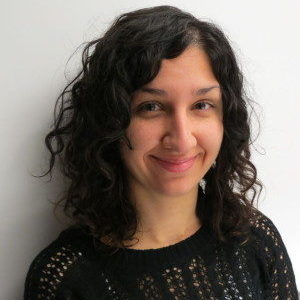A Case for Inclusive Language
“And do you have a husband at home?” “A wife, actually.” “Oh, excuse me. And how long have you been with your mate?” the physician answered. He was unflustered and looked expectantly at the female standardized patient sitting across from him. For the remainder of the interview, when it came up again briefly, the physician referred to the patient’s wife as her mate.







